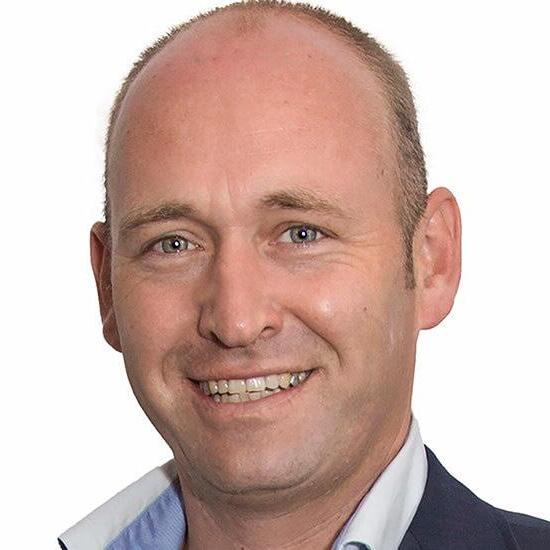
4 minute read
Q & A : Hospitality Education Institution in South Africa
1. What are the current opportunities & challenges facing the hospitality education sector in South Africa?
We note a strong recovery of international travel and investor confidence. This is resulting in a visible growth of the pipeline of new hotels throughout South Africa with Cape Town being a very clear leader. As much as this is positive, the first gaps in terms of a skills shortage are becoming visible as talent has left the industry or the country and the pipeline of training and education reduced during and just after Covid. As a result we expect the skills shortage to be very prevalent in the immediate future and it will take time for the education and training sector to catch up.
Opportunities are abound for those entering a career in the hospitality sector and it is expected that we will also see a strong growth in remuneration as companies compete for talent.
Within the industry, we believe that all front of house positions as well as the more technical roles such as revenue management will see the highest demand.
2. What are the key education philosophies and teaching methodologies implemented within your institution to ensure students are well-equipped for the industry?
We sum up our educational philosophies and methods as ‘Real World Learning’. This means that we believe that the purpose of our education is to ensure that our students are successful in roles in the sector and can ‘hit the ground running’. We do this through educational methods such as Problem Based Learning, Case Based Learning, and Design Based Education where students work together actively on real world challenges. Not only is this more fun for the students, they also develop a host of skills that are required in industry. These include strong interpersonal skills, communication ability, problem solving ability, and the ability to work effectively in teams.
Also part of our Real World Learning approach is the practical in-house training we do in our Stenden MyPond learning Hotel where students learn all relevant operational skills in year 1, and supervisory and management skills in year 2 so that by the time we send them out to external hotel partners in year 3, they are well prepared.
As we send students out for internship over the last 5 months of their studies, they are not only well prepared, they can also enter the industry from their internship which helps with industry absorption. We find that around 80% of our students receives a job offer during their internship.
3.How does your institution support students in seeking employment after graduation, and what specific resources or programs are in place to facilitate this process?
We see employment and career progression of our graduates as the ultimate measure of our success as an educational institution. We therefore take full control not only of the internship, but also link our graduates to attractive employers.
To ensure successful internships, we run a career development programme in parallel to our curriculum where a designated faculty member engages with the student from year 1 to identify their strengths, weaknesses and aspirations. This results in a match-making in year 3 whereby we place the student in the most suitable internship based on their strengths and needs. This results in a win-win for both the students as well as the industry partner and a near zero internship cancellation rate where we would have to pull the student back.
4. How does the institution maintain strong relationships with industry partners within the hospitality sector to ensure that the curriculum remains relevant and that students have ample opportunities for internships and practical experience?
We have an academic advisory board which is comprised of the leading operators in Africa and this board meets twice annually. These meetings revolve around trends that our industry partners see in terms of skills requirements and the relevance of our curriculum in terms of preparing young talent. In addition, we invite industry partners to provide case studies of contemporary challenges that they are working on and with certain specialisations we have Industry Ambassadors to ensure that we are teaching the latest industry practices. We also ask our internship partners to regularly engage directly with our students as guest lecturers, or to host workshops in which developments are explored.
Dr Wouter Hensens Executive Dean of Stenden South Africa






